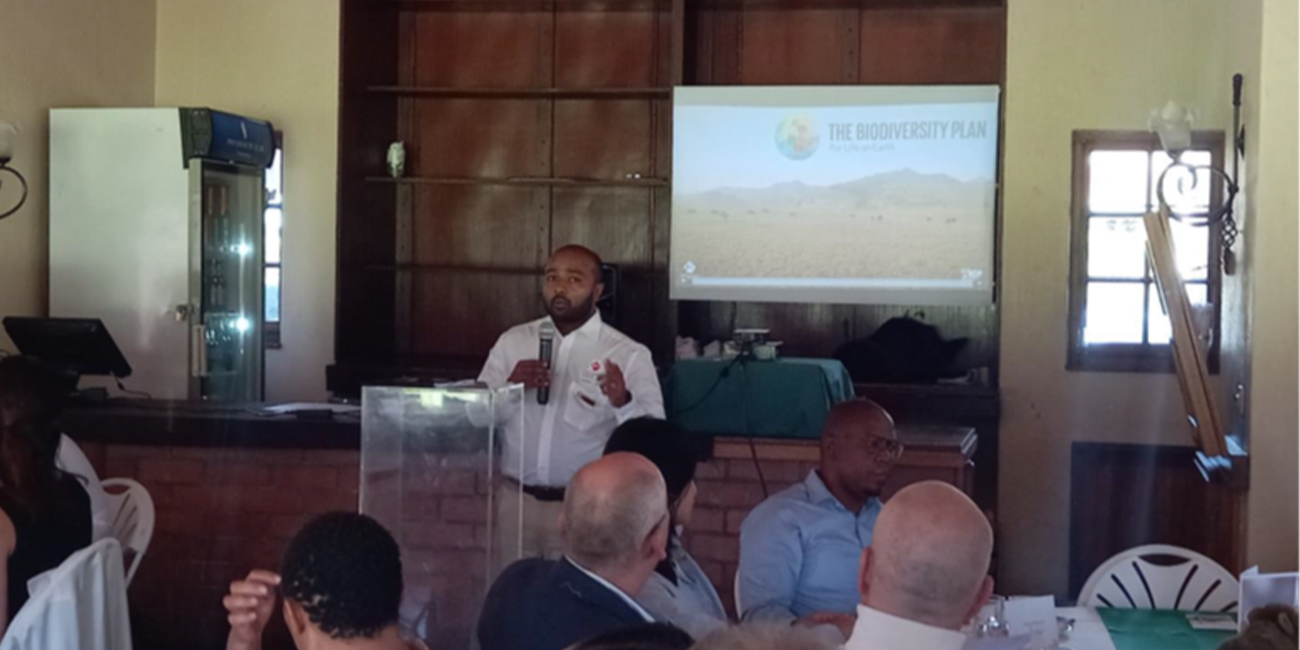Business Action and Advocacy for the Planet
Towards a nature positive world by 2030 through businesses driving policy ambition and reducing negative corporate impact
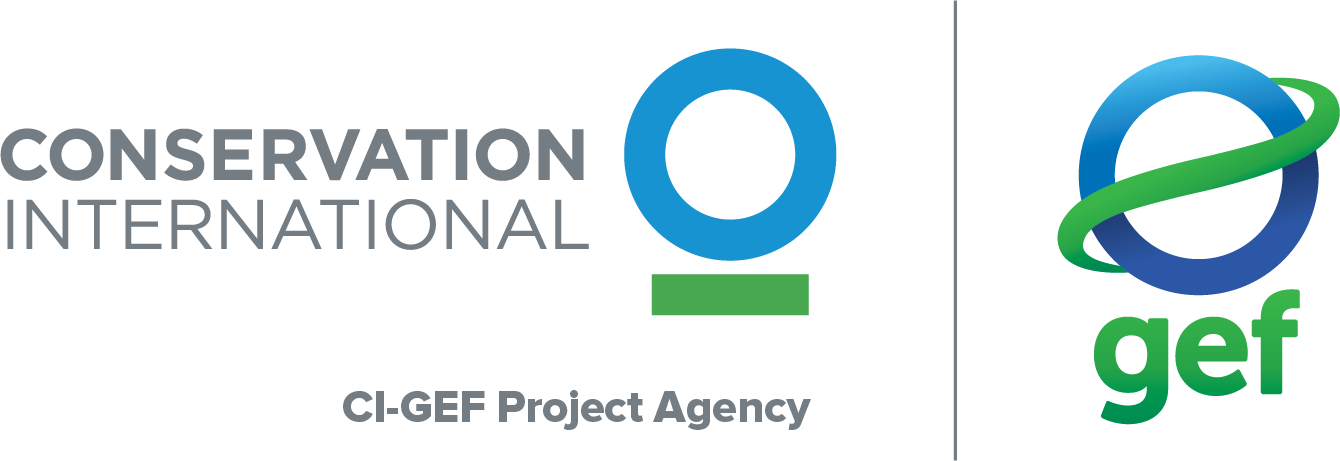
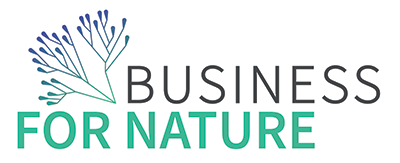
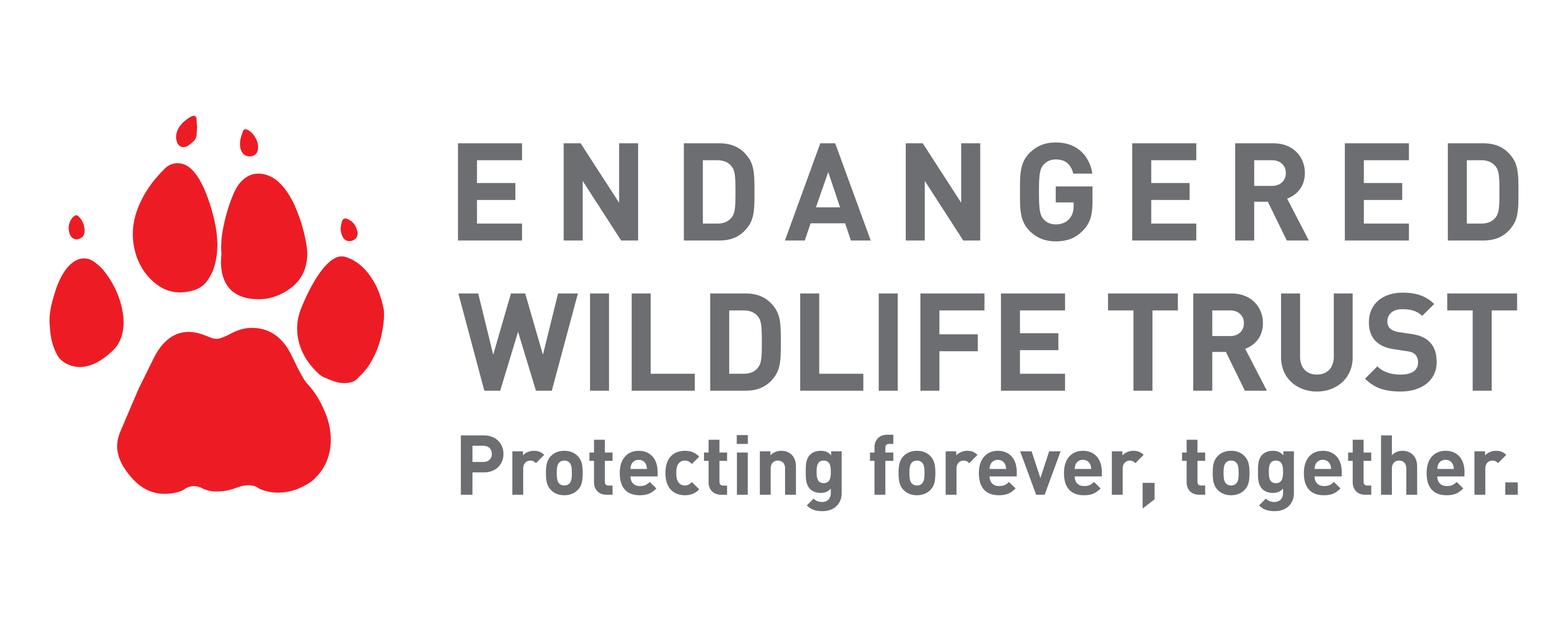

—Following the adoption of the Kunming-Montreal Global Biodiversity Framework (GBF) by the UN CBD, governments are requested to provide national targets for submission at COP16 in November 2024.
The Biodiversity Plan marks the first strong recognition of the roles businesses and financial institutions can play in fulfilling the aims of the Convention on Biological Diversity
Business for Nature — a global coalition driving business action and policy ambition for a nature-positive economy — has produced recommendations for governments on how to include the role of business and finance into national biodiversity planning. This includes partnering with progressive business associations and creating a coordination mechanism. Effective incorporation of business and financial institutions into government-led target setting requires active engagement and coordination between policymakers and the private sector making business-government dialogues are essential.
The Business Action and Advocacy for the Planet project: ‘Towards a nature positive world by 2030 through businesses driving policy ambition and reducing negative corporate impact’ was made possible by funding by the Global Environment Facility (GEF) with Conservation International as the implementing agency.
Business for Nature has engaged with four countries from south-east Asia, Africa and Latin America to support the implementation of the GBF, more specifically to create a business-government dialogue aim at assisting governments to implement the business-related targets of the GBF. The Endangered Wildlife Trust (EWT) through the National Biodiversity and Business Programme (NBBN) is the South African implementation partner as endorsed by the South African government (DFFE) in 2023. The NBBN has been representing South Africa on the UN CBD Global Partnerships for Business and Biodiversity since 2016 and is well positioned to drive this important dialogue.
Biodiversity Business Hub
Business Advisory Group
In South Africa, the primary avenue for promoting dialogue is through the formation of a National Business Advisory Group (BAG). Comprising leading businesses and organizations advocating for ambitious nature-related policies, the National BAG will represent the foremost business and finance voices on nature issues.
Regular meetings are held with both the Department of Forestry, Fisheries and the Environment, and the Business Advisory Group.
Biodiversity and Business Action Plan
The BDP’s output from the Business Action and Advocacy for the Planet project, the Biodiversity and Business Action Plan (BBAP), is a cross-sectoral 60-page document which culminates the two years of work with Business for Nature.
It is both a guidance tool and a feedback resource for South African businesses, capturing insights directly from companies to reflect their progress in biodiversity mainstreaming while also supporting them on their journey.
How African businesses are contributing to the Global Biodiversity Plan
Oluwasooto Ajayi, Africa Lead from Business for Nature talks about the importance of Biodiversity in Business across the African continent and the role of Business for Nature in bringing together influential organizations, businesses, and industries to encourage business action in addressing the biodiversity crisis.
Biodiversity is your Business hybrid webinar
2 December 2024
In collaboration with the Department of Forestry, Fisheries and the Environment and the South African National Biodiversity Institute, the National Biodiversity and Business Network of the Endangered Wildlife Trust (EWT) held a hybrid webinar on 2 December 2024 to wrap up a two-year long Business for Nature – Business Action and Advocacy for the Planet (BAAP) project. The BAAP project aimed to integrate biodiversity into all corporate decision-making, reduce corporate biodiversity impacts and dependencies, and assist in achieving South Africa’s global sustainability goals.
Biodiversity Day 2024 Business Advisory Group workshop 1
22 May 2024
EWT celebrates the International Day for Biological Diversity with a business summit
In recognition of the International Day for Biological Diversity (IBD) on 22 May 2024, the Endangered Wildlife Trust’s (EWT) National Biodiversity and Business Network (NBBN) hosted the first of four workshops for 2024 for its Business Advisory Group (BAG) members.
39 delegates from 16 businesses,
and 9 advisory organisations.
Good event to get the perspective of other industries and the various approaches to Biodiversity in the broad sense.
Workshop attendee
Business Advisory Group workshop 2
25 July 2024
A deeper dive into the Kunming-Montreal Global Biodiversity Framework, exploring its implications for businesses beyond Target 15, and discussing how companies can integrate biodiversity considerations into their strategies, commitments, and operations.

Business Advisory Group workshop 3
29 August 2024
This workshop focused on “strengthening business contributions to national biodiversity strategies” and provided business with the chance to hear any updates on the progress of revising South Africa’s National Biodiversity Strategy and Action Plan (NBSAP). Additionally, this meeting served as a platform for businesses to interact with representatives from the Department of Forestry, Fisheries and the Environment and the South African National Biodiversity Institute, and to engage about their roles and contributions in the revision of South Africa’s NBSAP.
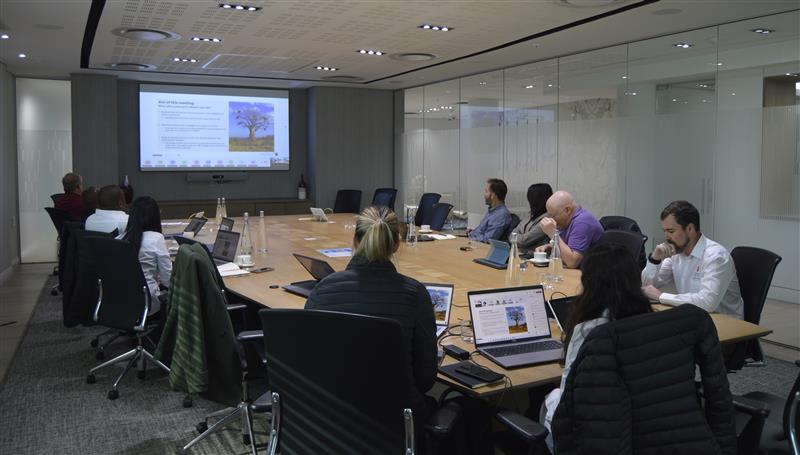
Business Advisory Group workshop 4
3 October 2024
The final BAG workshop was focused on “developing a biodiversity action plan and strategic roadmap for business contributions”. With presentations by representatives of five different companies on their company’s biodiversity roles, actions, and challenges. The breakout session of this meeting, originally intended to focus on “Working towards 2030”, evolved into a highly engaging discussion where company and industry representatives raised a range of key issues and topics.
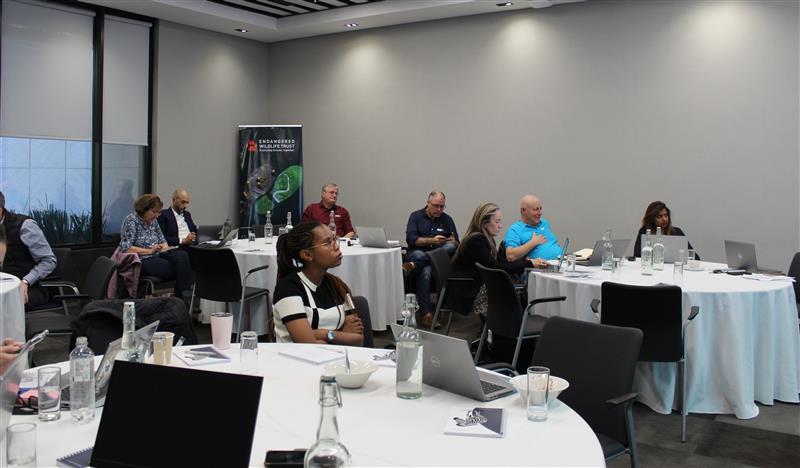
With representatives from the following companies and organisations







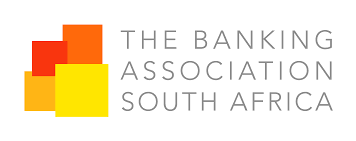

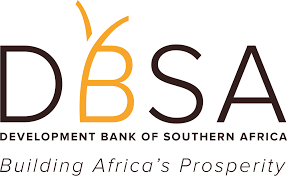


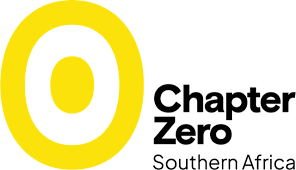
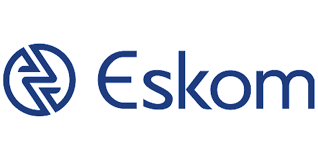





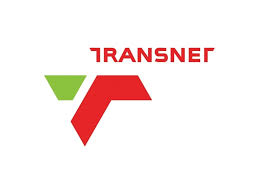

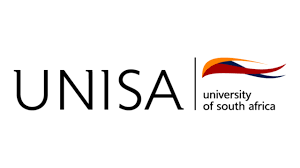


Biodiversity (is your business) Day 2023
Round Table discussion: from Agreement to Action
Monday 22 May was International Day for Biodiversity (IDB), a day proclaimed by the United Nations to recognize and promote the importance of biodiversity. The Endangered Wildlife Trust’s National Biodiversity and Business Network (NBBN) chose this day as an opportunity to encourage engagement between government and business in tackling the biodiversity crisis together as part of our Biodiversity (is your business) Day Indaba. This was the first meeting between business and government in the wake of the historic Kunming-Montreal Global Biodiversity Framework signed in December 2022, and was an exciting opportunity to explore collaborative solutions to the biodiversity crisis and how South Africa can meet and exceed our targets as signatories to the Framework. The Indaba was officially opened by the honourable Minister of Forestry, Fisheries and Environment, Ms Barbara Creecy.
Our public indaba was hosted at the Wits University Origins Centre Museum under the IDB theme “From Agreement to Action: Build Back Biodiversity”, focusing on how business is a key part of this theme. Upwards of 60 people attended in person and over 100 joined us virtually. This iconic venue was chosen as a stark reminder of humanity’s entrenched dependence on biodiversity, with attendees given the opportunity to tour the museum’s fascinating exhibitions.
We hosted a Q&A session with key representatives from business and finance, specifically companies that are really leading the charge in terms of biodiversity mainstreaming, as well as a thought leader in the corporate sustainability space and a representative from the United Nations Development Programme. The discussion was chaired by Kishaylin Chetty, who was a biodiversity expert at Eskom (South Africa’s state-owned energy company) for many years before joining the EWT as Senior Manager of Sustainable Financing. Topics discussed the outlook for mining and forestry companies relationship with nature, where government can be part of the dialogue, the challenges in accounting for biodiversity impacts across retail supply chains, learnings from existing business/NGO/academic partnerships with regard to corporate biodiversity initiatives, opinions around Target 15 of the Global Biodiversity Framework, the role of finance in translating ambition and agreement into action for nature, where public bodies can support private sector conservation efforts such as biodiversity stewardship, and much more.

